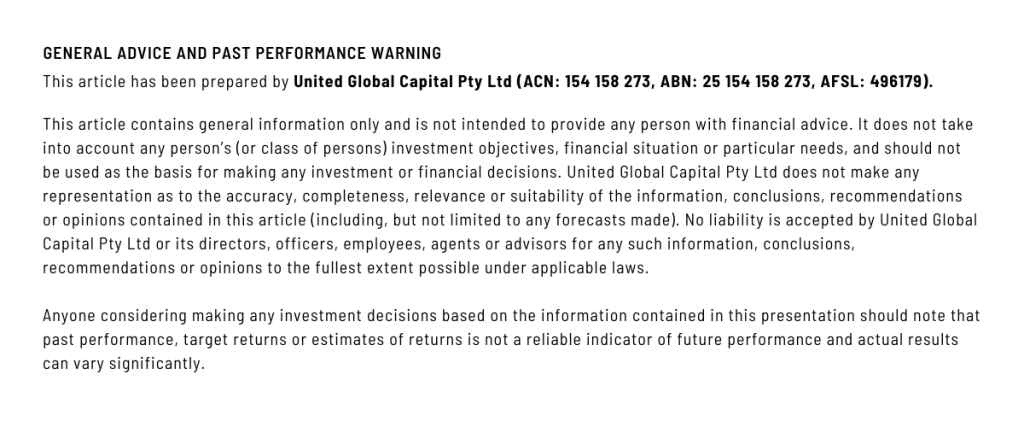Super Catch-Up Contributions: Maximise Your Retirement Savings
Are you concerned about your retirement savings? Have you experienced irregular or interrupted income in the past that may have hindered your ability to make superannuation contributions? If so, you’re not alone, and there’s good news. You might have the opportunity to boost your retirement savings by making ‘catch-up’ concessional contributions to your super.

Understanding ‘Catch-Up’ Concessional Contributions:
What exactly is a ‘catch-up’ concessional contribution, and how can it benefit you? In the past, it was a “use it or lose it” scenario when it came to contributing the maximum annual concessional (before-tax) contribution amount to your superannuation. This often led to lower super balances, particularly for individuals whose working lives were interrupted by various factors, such as education, starting a family, or caregiving responsibilities. Even those in casual or part-time employment faced this challenge.
Eligibility for Concessional Contributions:
You might be wondering if you’re eligible to make concessional contributions and take advantage of these catch-up opportunities. The annual cap for concessional contributions is $27,500, which represents the most you can contribute in a single year. Concessional contributions encompass various types, including mandatory employer contributions (such as Super Guarantee), salary sacrifice contributions (deducted from your salary before taxation), and personal contributions for which you claim a personal tax deduction.
Carrying Forward Unused Contributions:
The exciting part is that if your concessional contributions in a year fall below the annual cap, you can carry forward the unused amount for the next five financial years. After five years, any remaining unused amount will expire. For instance, if you only contributed $10,000 out of the available $27,500 in the 2022/23 financial year, you can carry forward the unused $17,500 for future contributions, provided you meet the eligibility criteria.

Work Test Requirement:
However, if you’re between the ages of 67 and 75, you’ll need to satisfy a work test requirement to make concessional contributions. This means you must have engaged in at least 40 hours of paid work within any consecutive 30-day period during that financial year.
Catch-Up Contributions and Total Super Balance:
Now, let’s address the catch-up contributions. Suppose you’ve carried forward an unused amount from a previous year and wish to make a ‘top-up’ carry-forward contribution. In that case, you’ll need to consider your ‘total super balance’ (TSB). To be eligible for catch-up contributions using your carried forward amount, your TSB prior to 30 June must be less than $500,000.
Calculating Your Total Super Balance:
Your TSB comprises the accumulation phase value of your super interests, the value of your super pension accounts, and any rollovers in transit between super funds. You can easily find your balance by contacting your fund or funds, and you can access the latest balances reported to the Australian Taxation Office through your MyGov account.
Benefits of the Rules:
How can you benefit from these rules? The primary goal is to ensure that people with irregular income or work patterns have the same opportunities for a comfortable retirement as those with steady income streams. These rules can also be advantageous for individuals who don’t contribute the maximum amount annually but find themselves in a position to invest more in subsequent years.
Planning Your Retirement Savings:
When your income stabilises or you have the capacity to invest more, making additional top-up contributions can significantly impact your retirement savings. These contributions can make a real difference when it’s time to access your super as a lump sum or retirement income stream.
Ready to take control of your retirement savings and explore how catch-up contributions can benefit you? Contact us today, and our experienced wealth management team will guide you through the process, helping you secure a more comfortable and financially secure retirement.

